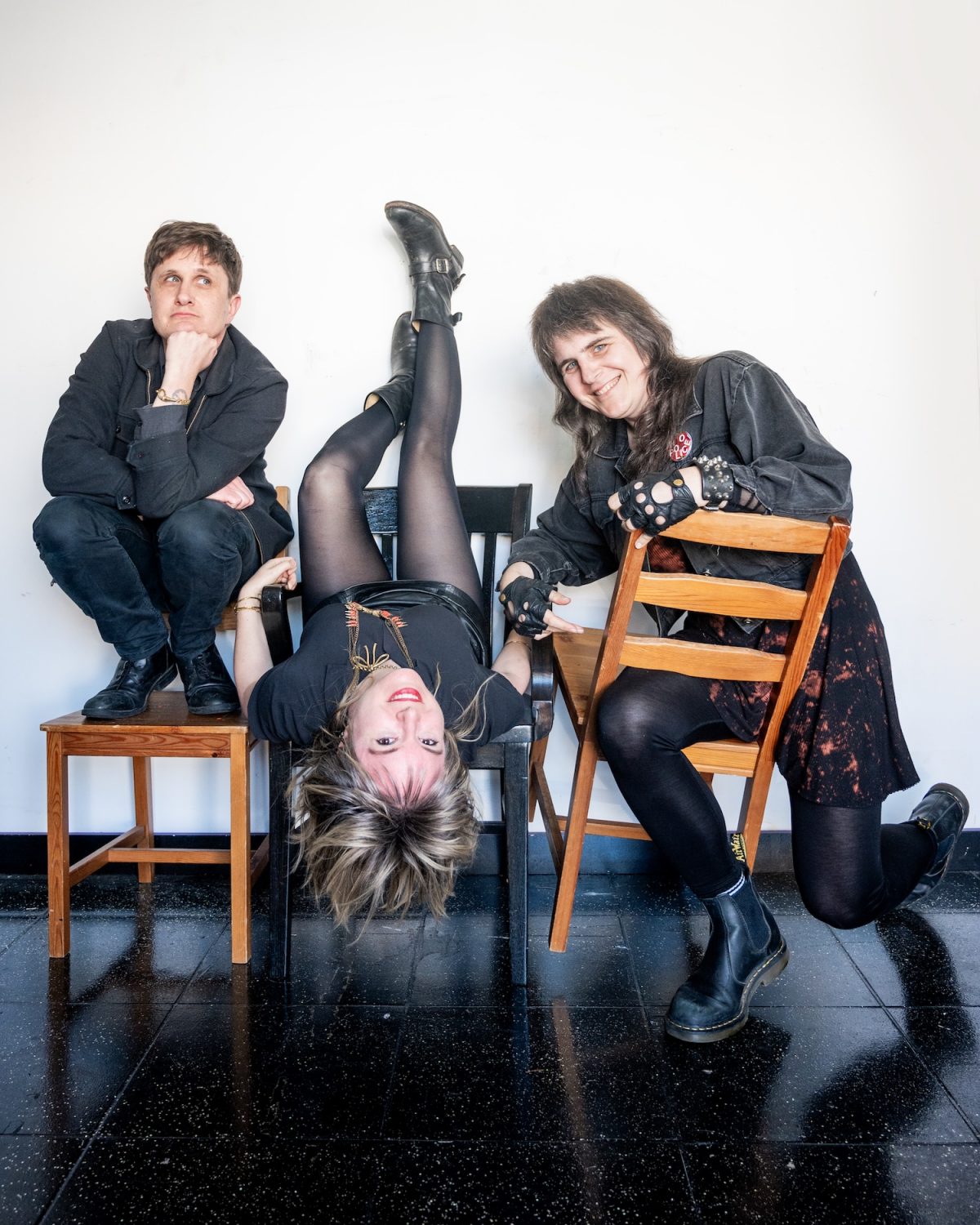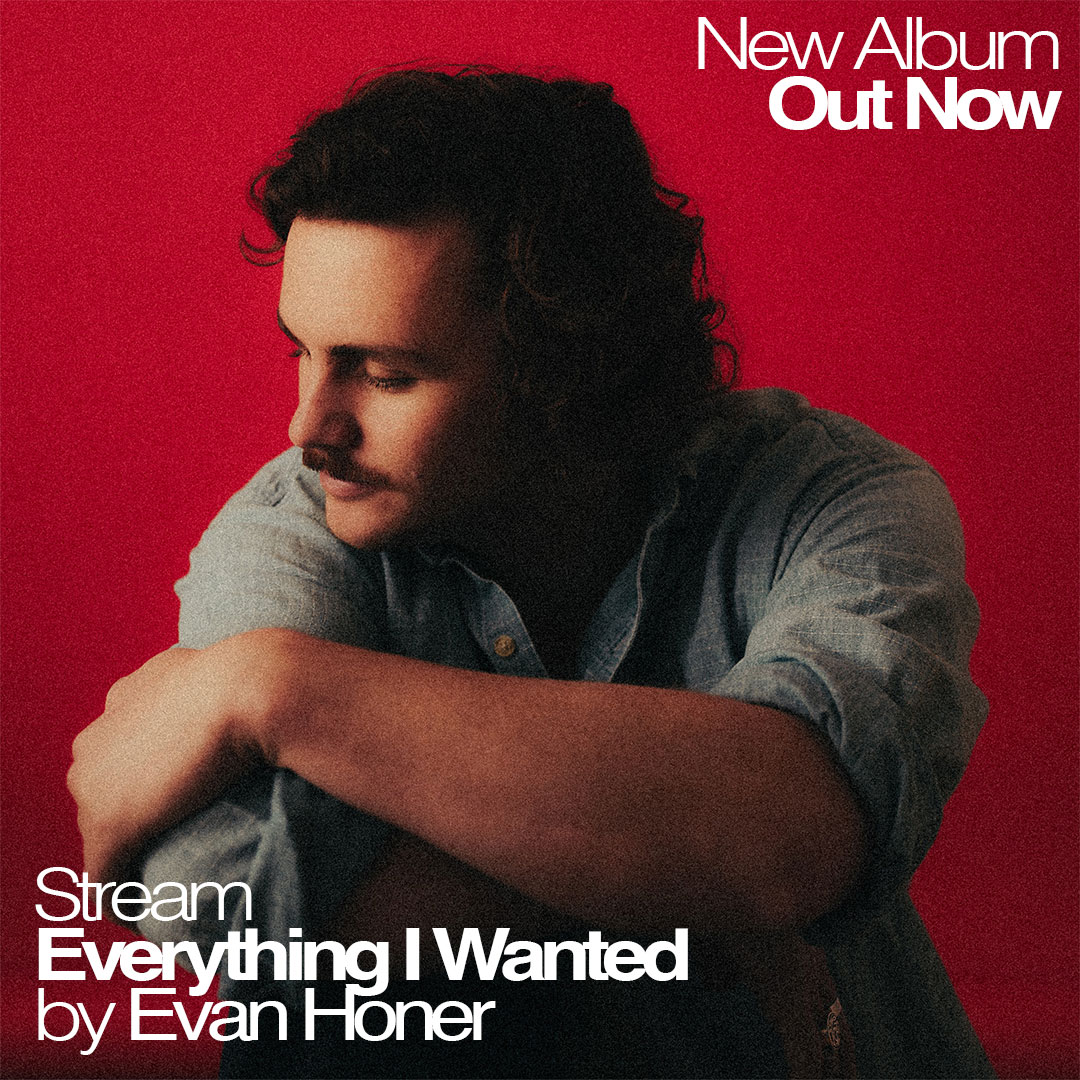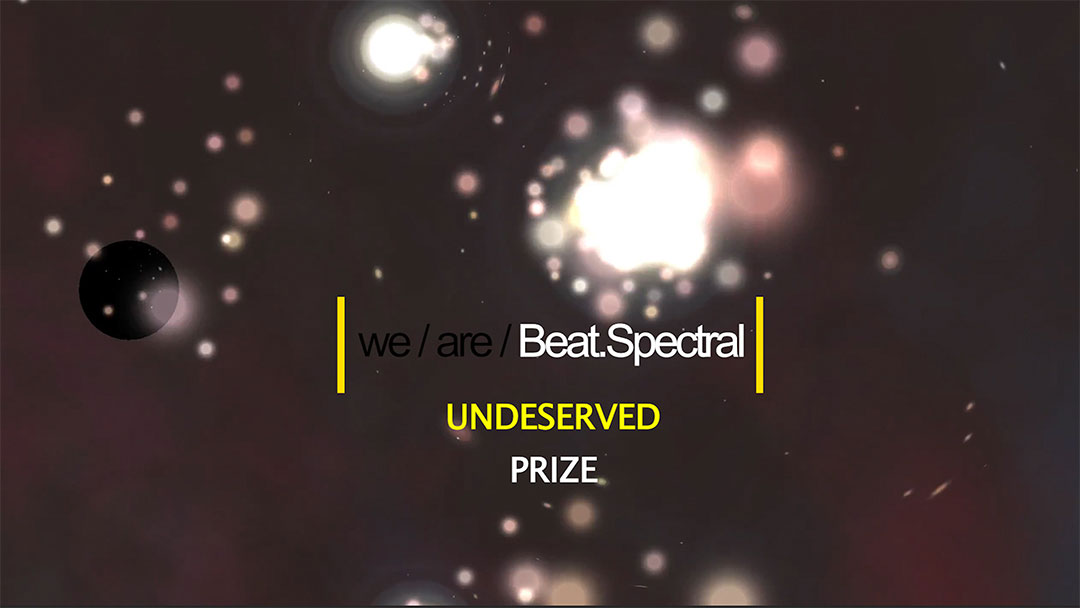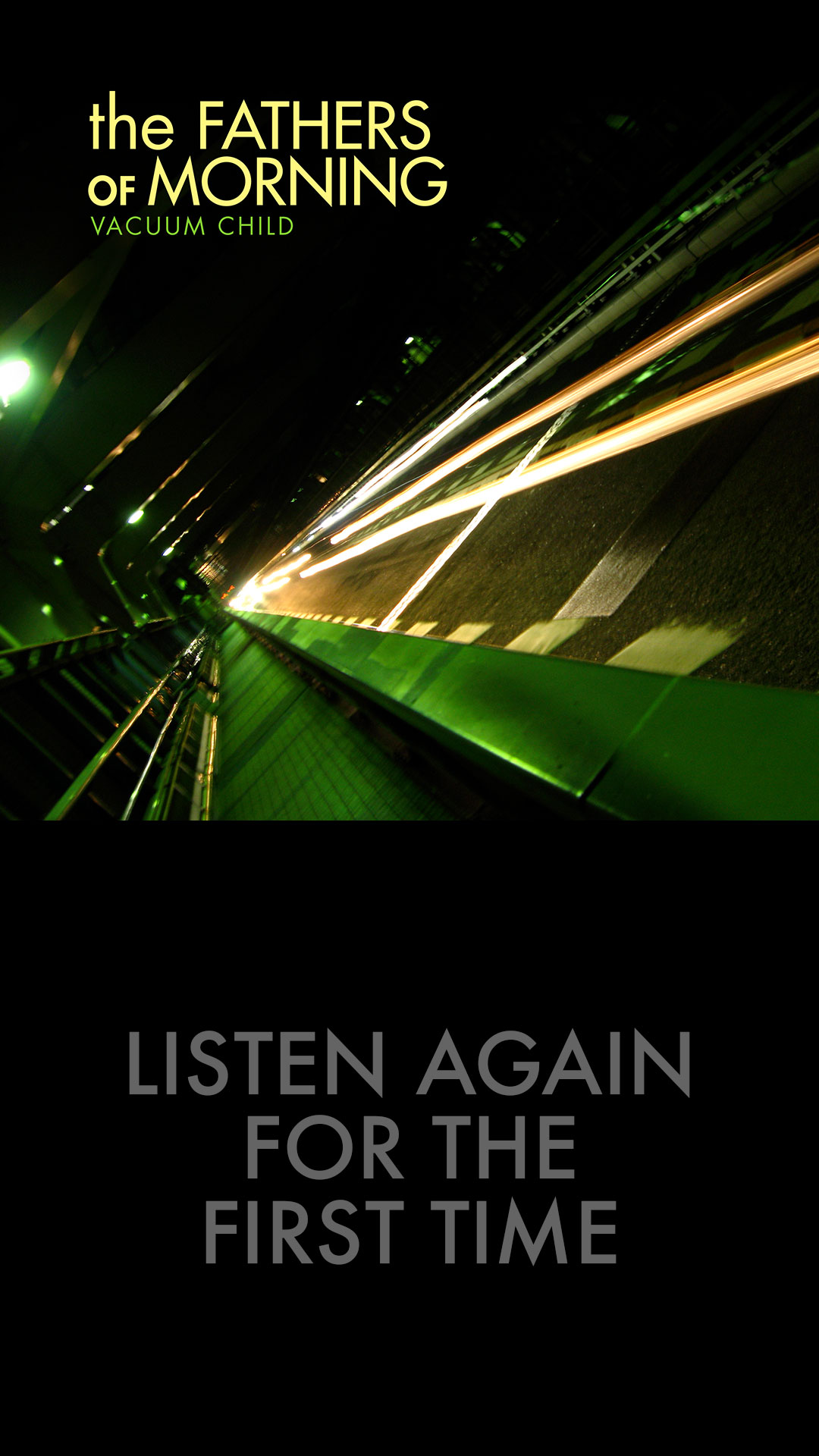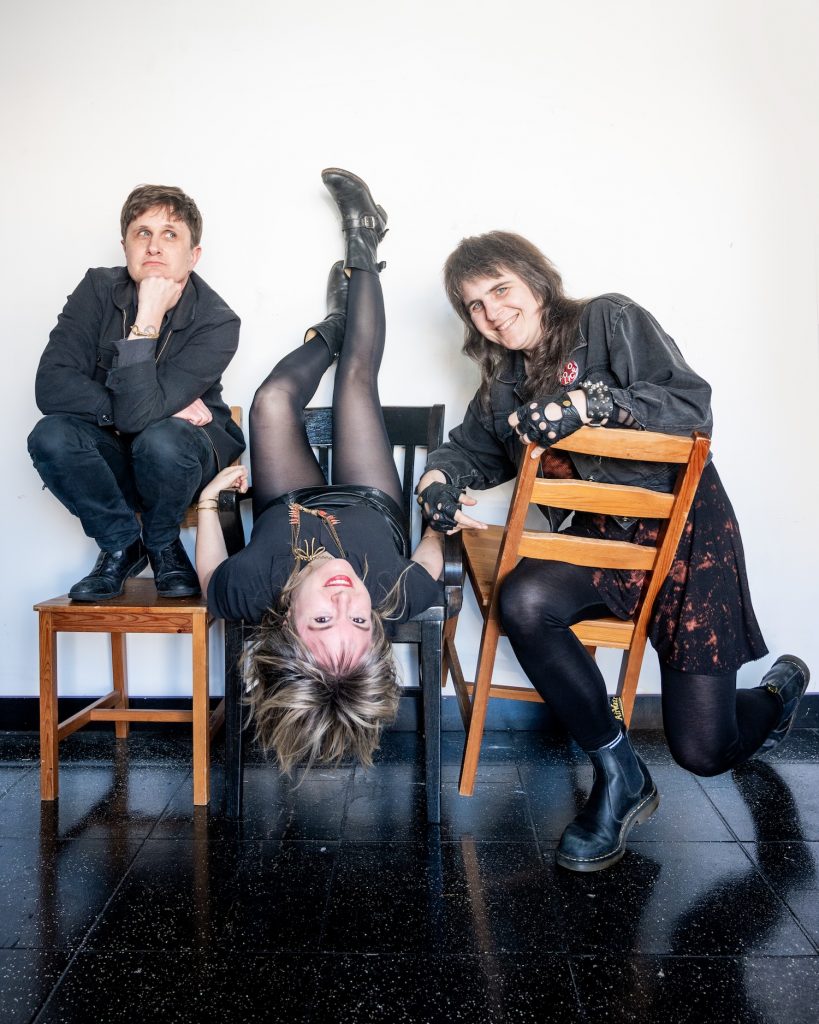
Street Eaters’ Opaque (Dirt Cult) is an album born out of trauma—and the unexpected feeling of liberation that can be a delayed byproduct. For band co-founders Megan March and John No, it’s been an eye-opening eight years since 2017’s The Envoy. That album solidified their outspoken post-punk aesthetic—one inspired by the likes of Gang Of Four and Fugazi. Amid the COVID pandemic, the couple’s first child was delivered by emergency C-section in a critically understaffed hospital. Motherhood resurrected a truckload of emotional baggage for March, a veteran of the Bay Area queercore scene who grew up in a homophobic household. As result, a lot of the lyrics on Opaque are about finding your own family when the biological version tosses you aside. Hence the aforementioned feeling of liberation.
March went into more detail in a recent chat with MAGNET’s Hobart Rowland.
Tell us more about the major life events the contributed to the lengthy break between albums?
John and I were on the road for seven months in support of The Envoy, which was intense. When we came back, we were ready for our next chapter with the band. After playing a cover of Gang Of Four’s “Love Like Anthrax” with Screaming Females’ Marissa Paternoster every night for over a month, we decided to explore adding a guitar player. We played a clutch of shows with Steve Oriolo while also playing in our classic two-piece form. In 2018, we released Inhabitations Of Time, an instrumental sound-collage companion to The Envoy. By the time we released the Simple Distractions EP in 2021, Joan Toledo had already come into the fold as our permanent guitarist.
Somewhere in there, I also had a baby. While the labor itself was harrowing, becoming a mother has been extremely healing and even fun. All the while, John and Joan and I were writing, jamming, recording and playing shows. One other big life change is that I shifted from my longstanding career as a sound engineer to fine arts. I’m currently in my second year of an MFA program with a mixed-media focus on sculpture and sound. So while it’s been a while since our last full-length LP, we’ve been constantly in motion.
You have to think Opaque would’ve been a much different record if it had come out hot on the heels of The Envoy. How did that eight years of living play into the band’s latest evolution?
There’s been a lot of personal growth, which is why I used a confessional voice with the lyrics on this record. This represented a pivot from The Envoy, which was a concept record based on two Ursula K. LeGuin books, The Dispossessed and The Left Hand Of Darkness. The new songs are the result of survival and a determination to live. My child and I survived a medical system that betrayed and abandoned us to the point of near death. Joan, John and I are trauma-bonded from the pandemic. Joan is continuing her gender-affirming transition in a country that’s trying to legislate the trans community out of existence. John is an activist classroom teacher and released his book, Teaching Resistance (PM Press), on radical pedagogy. And we’re all working on ways to effectively respond to the rise of fascism across our country.
It had to be a challenge adding a new band member to the fold during a pandemic. How did you make it work?
Luckily, we’d already been playing with Joan in our other band, Difficult, so we already knew her vibe. It was an obvious fit, and we all were ready to go. Then, the same week we’d planned to play our first show with Joan, lockdown for the pandemic started. We absolutely needed to keep playing for our collective mental health, so we proceeded to cautiously practice at a distance, all masked, with Joan on the front porch and us in the living room with practice amps, drum practice pads and the screen door shut.
After five months and some serious conversations, we decided to form a pod and return to the studio. That period was about more than the music. Joan was the only person outside our house who we saw consistently, and I think that’s when we really bonded as a chosen family. Our return to the studio allowed us to hit the ground running when playing shows was safe again. We released the Simple Distractions EP during that isolating time without playing any shows to support it. We didn’t know what would happen, but somehow we sold out all the copies in presale anyway—so that was a relief and pretty affirming.
What was the recording process like for Opaque?
We had a lot of time during COVID to write and record, so we dove deep. I recorded about half of the songs in our studio, while the other half were recorded at Atomic Garden in Oakland with Jack Shirley. Jack mixed all the songs, giving the record a solid and consistent sound. The record definitely has a vibe.
You’ve talked about how the members of Street Eaters have grown closer through the trauma you’ve endured. How is that bond reflected in your latest music?
It’s a bit ethereal and dreamy but also noisy, percussive and euphorically dark. All three of us have a shared, leftfield sense of aesthetic and purpose that’s maybe best witnessed when we play live. We’re a band that connects beyond the music. We hang out, cook, watch terrible TV and share books. When we make noise together, we can read each other’s minds on a cosmic level. We’ve been through some shit together and emerged stronger. John and Joan are my ride-or-die—and making music and art with them is extremely fun and satisfying. The music reflects this and speaks for itself.
See Street Eaters live.


